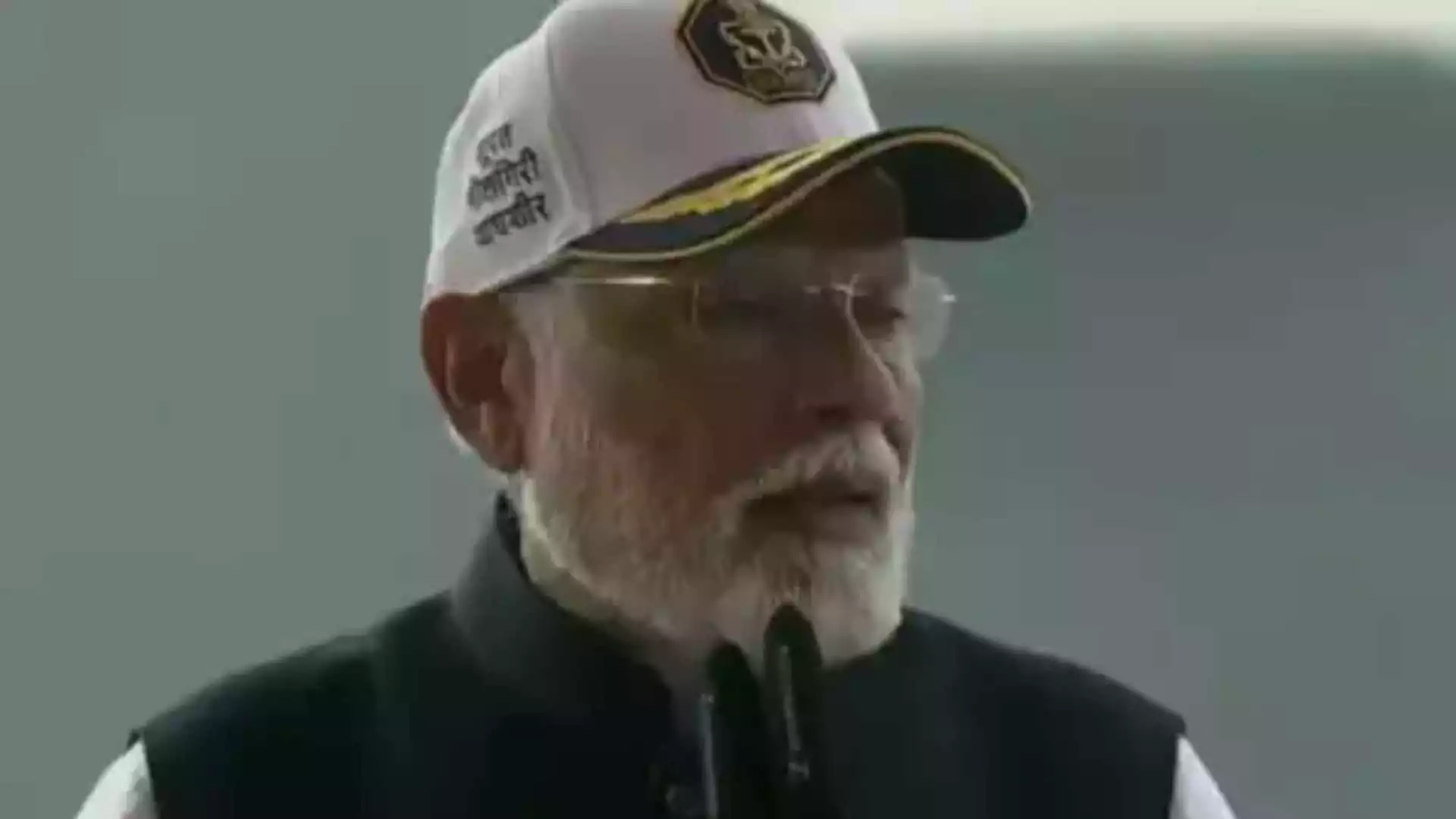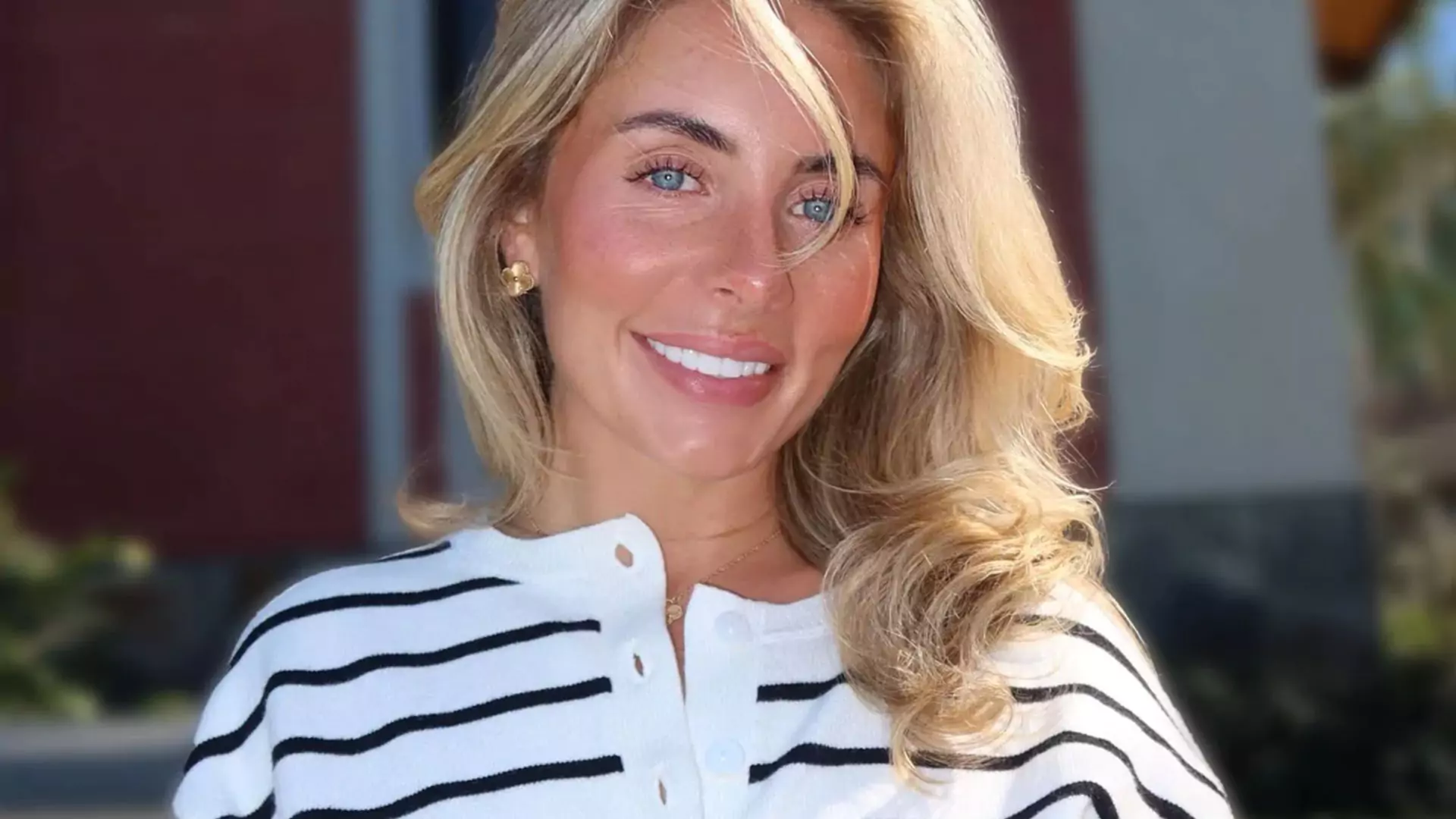President Joe Biden has informed Congress of his intent to remove Cuba from the list of state sponsors of terrorism, according to the reports. This decision comes as part of a broader agreement brokered by the Catholic Church aimed at securing the release of political prisoners from Cuban detention.
According to senior U.S. officials who spoke on condition of anonymity to AP, the Cuban government is expected to free “many dozens” of individuals, including political prisoners and others deemed unjustly detained by the U.S. The release is anticipated to occur by noon on January 20, the final day of Biden’s administration.
Steps to Ease Economic Pressures and Adjust U.S. Policy
Along with the removal of the terrorism designation, the U.S. plans to relax some economic sanctions imposed on Cuba, reversing a 2017 memorandum signed by former President Donald Trump, which had toughened U.S. policies toward the island.
In a statement, White House Press Secretary Karine Jean-Pierre emphasized the diplomatic and human rights context of the decision, stating, “In taking these steps to bolster the ongoing dialogue between the government of Cuba and the Catholic Church, President Biden is also honoring the wisdom and counsel that has been provided to him by many world leaders, especially in Latin America, who have encouraged him to take these actions, on how best to advance the human rights of the Cuban people.”
Cuba Commits to Release Political Prisoners
On January 13, Cuba’s foreign ministry announced the release of 553 individuals who had been convicted of various crimes. While the Cuban government did not explicitly link the prisoner release to the U.S. decision, they stated it was being done “in the spirit of the Ordinary Jubilee of the year 2025 declared by His Holiness” Pope Francis. Cuban authorities explained that the process of releasing these prisoners would be gradual, as legal and humanitarian considerations are evaluated.
Although the Cuban foreign ministry did not disclose the identities of the individuals being freed, they condemned U.S. sanctions as “economic warfare” and acknowledged the possibility that the Biden administration’s decision could be reversed once Donald Trump, who is expected to take office shortly, becomes president again.
Trump Administration Likely to Reverse Biden’s Actions on Cuba
The shift in U.S. policy under Biden is expected to be short-lived. Incoming President Trump and Secretary of State-designate Marco Rubio, a staunch critic of Cuba’s government, are expected to reverse Biden’s decision as early as next week. Rubio, whose family fled Cuba in the 1950s, has long supported the continuation of sanctions against the communist island. Rubio will address his Cuban roots in his upcoming Senate Foreign Relations Committee confirmation hearing.
Trump has also appointed Mauricio Claver-Carone, a former White House National Security Council aide and outspoken advocate of sanctions, as his special envoy to Latin America.
Reactions to the Policy Shift
While U.S. officials noted that the Trump transition team was informed of the announcement before it was made public, the reaction from members of Congress has been mixed. Representative Mike Waltz, tapped by Trump to serve as national security adviser, signaled that the policy shift could be undone but expressed support for the release of prisoners.
“Look. anything that they’re doing right now we can do back, and no one should be under any illusion in terms of a change in Cuba policy,” Waltz said in an interview with Fox News. “We don’t like it, but again, if people are going free, then that’s what it is for now.”
Trump’s Terrorist Designation Reinstated in 2021
The move to remove Cuba from the terrorism list follows a series of actions from the previous administration. In the final days of President Trump’s tenure, on January 11, 2021, his administration reinstated Cuba’s designation as a state sponsor of terrorism. The designation had been removed during the period of rapprochement between Cuba and the U.S. under President Obama. The Trump administration cited Cuba’s support for Venezuelan President Nicolás Maduro and its refusal to extradite Colombian rebels, among other reasons, as justifications for the designation.
After this designation, the Biden administration imposed further sanctions on Cuba in response to the Cuban government’s crackdown on protests that erupted in 2021 over shortages and power outages, marking the largest demonstrations in the country since the 1990s.
Also Read: US Files Lawsuit Against Elon Musk Over Twitter Stock Purchase Disclosure


















